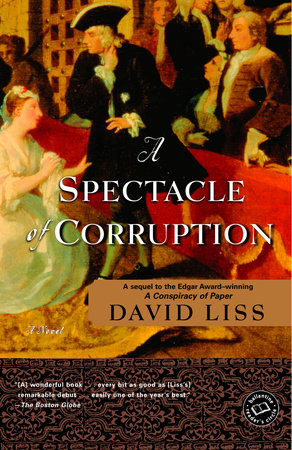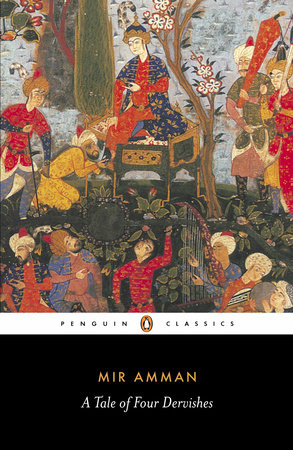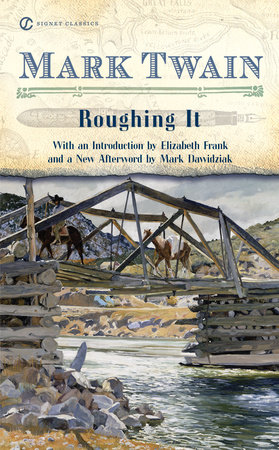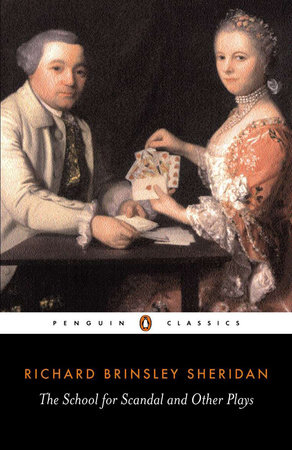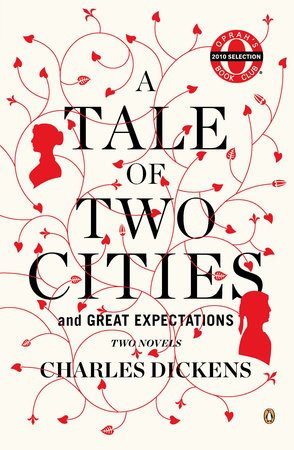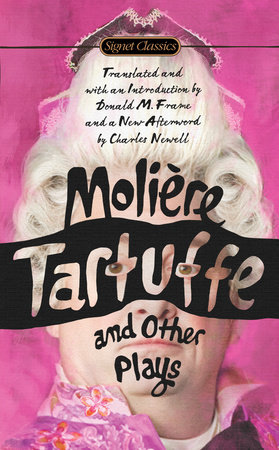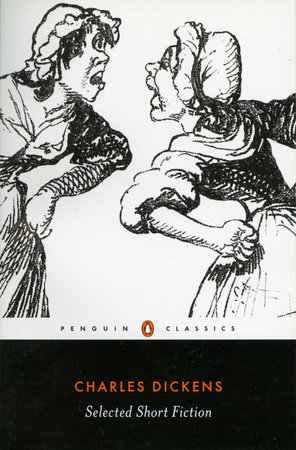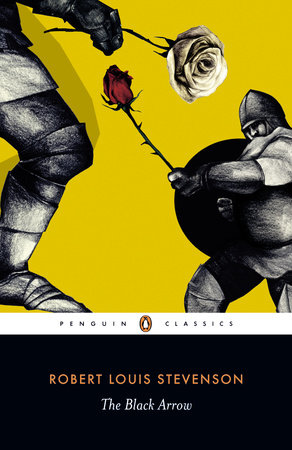An Interview with David Liss by Tammar Stein
Tammar Stein is the author of Light Years. She is currently working on
her second novel. Her essays and articles have been published in The
Washington Post, Stars and Stripes, and the San Antonio Express-
News among other publications.
Tammar Stein: Your past three novels have been impressively researched.
How do you go about it? Do you plot out the story and then research to
fill in the details, or do you read about certain historical events and think,
Hey, that would make a really great story?
David Liss: Usually I begin with the germ of an idea and then
start the research, which often takes me in very different places
than I first imagined it would. When I started Spectacle, I had the
idea of writing a novel that would focus on the remnants of the
belief in witchcraft in early eighteenth-century England. I spent
months researching the topic, and I ultimately came to the conclusion
that the best way to talk about it would be in the context
of politics—that is, an accusation of witchcraft emerging as an
issue in a parliamentary campaign. But as I did the research into
the political system in eighteenth-century England, I realized I was
more interested in that than my original idea. The truth is, there’s
a strange and unpredictable alchemy when it comes to crafting a
story. I don’t understand why a particular story grabs me and becomes
a pleasure to write, but I’ve been through the experience
enough times now that I’ve learned to trust my instincts and not
fight it when an idea suddenly feels full of energy to me.
TS: What’s your writing schedule like? And which do you enjoy more, the
writing or the research?
DL: I love research and I love learning about the past, but I much
prefer writing. When I’m logging long hours in the library, I’m always
anxious to get started with the actual storytelling. I tend to
work fairly businesslike hours. I try to get started writing no later
than 8:30 in the morning, and I write until I’m no longer producing
anything of value. Then I’ll spend the rest of the day doing research
or in other kinds of edifying reading. I’m lucky enough to
be in a career where I can actually read novels and convince myself
that I’m working.
TS: What’s the hardest thing about writing historical fiction?
DL: For me, the hardest thing is trying to give readers as authentic
and accurate a feeling of the past as I possibly can while at the
same time appealing to modern storytelling sensibilities. The novelist
who writes about the past is almost always in danger of lapsing
into anachronism, and I know full well that the historical novel
without errors has never been written. Still, it’s easy to make yourself
crazy trying to get everything right. I’ve also discovered that
just because something is right doesn’t mean it seems right. Sometimes
eighteenth-century words or phrases may seem anachronistic
to contemporary readers, and those are best avoided because
you don’t want to jar your reader. The other trick is to pack in as
much interesting period detail as you can, but not so much that
you overwhelm the story.
TS: In an interview with Sheri Holman, you said that you wanted to
write another book about Ben Weaver, but not about finance. Instead
you’ve placed him smack in the middle of a heated political race and shown
yet another aspect of eighteenth-century England that seems remarkably
contemporary. Does it surprise you how much in common the eighteenth
century seems to have with the twenty-first?
DL: The short answer is, Yes. As with financial chicanery, I’m
amazed at how little the basic nature of political corruption has
changed in the last three hundred years; only the particulars are
different. People with money still buy politicians and politicians
still buy votes. The corruption of eighteenth-century England
seems different from our own only in its brazenness. Today we feel
the need to hide the corruption from ourselves, convince ourselves
that it’s not that bad, that things are basically good. In the
time this novel is set, the corruption of the system was an open secret.
I suppose the difference is that Georgian England made no
pretenses of being what we would think of as democracy. The political
leaders had no real interest in representation, just revenues
and order. Today, because our system is founded upon ideals of
representation and fairness, the idea that those principles have
been subverted by great wealth is too difficult for us to face.
TS: You’ve said that your graduate-student debt led to a fascination with
the beginning of the stock market and the notion of debt, which in turn inspired
A Conspiracy of Paper. The Coffee Trader was born from a
deep connection to coffee. Did your political beliefs lead you to write about
a corrupt and hotly contested election season?
DL: Not directly. I absolutely did not start out to write a commentary
about contemporary politics wrapped in the camouflage
of eighteenth-century politics. Rather, the preposterous and theatrical
nature of Hanoverian politics captured my imagination, and
I ran with it. I did have some contemporary political figures in
mind as I crafted the characters, but as so often happens in fiction,
the demands of the story and of the characters themselves took
precedence over my original ideas, and the real-world inspirations
for my fictional characters are now pretty hard to excavate. That
said, I do feel that there is important political work to be done by
writing a novel that exposes the corruption of another age. It’s
easy for us to look back at eighteenth-century Britain and think
how foolish those people were to put up with a system that was
both corrupt and broken. It is harder to look at our own system
and to see the things that, three hundred years from now, will appear
criminal and absurd.
TS: There seem to be more than a few similarities between the political
stances of the eighteenth-century Whigs and Tories and our current political
situation. Is this a case of the more things change the more they stay the
same?
DL: The similarities are fairly deceptive. I’m often asked to link
one party to Republicans and the other to the Democrats, and it
doesn’t work that exactly. The Tories were the more conservative
party, but they concerned themselves mostly with preserving social,
political, and religious power. The Whigs, on the other hand,
were by no means liberal as we understand the word today. They
cared relatively little for helping the poor and the underclasses or
pursuing social justice. Instead, they wanted to break down the
cultural barriers that prevented moderately wealthy and powerful
people from becoming extremely wealthy and powerful. They
fought for the rights of non–Church of England Protestants, for
example, and they pursued an agenda that favored men of business
rather than men whose wealth rested in land.
TS: Let’s talk about Benjamin Weaver. He seems more self-aware in this
book, more conscious to the notion of justice and his meting of it. Sometimes
he feels comfortable being the unofficial arm of the law, and other times
he doesn’t. Sometimes he decides to be merciful and other times he isn’t.
Is he moving away from his physical, fighting days? Or is this just a sign
that he’s maturing and no longer able to view the world in simple blackand-
white terms?
DL: I’ve always tried to create characters who are ambiguous and
as complicated as people are in real life. Weaver may behave in
superficially contradictory ways at times, but so do we all. He
does, however, have an overriding sense of justice that directs his
actions—sometimes it meshes with the law and sometimes it
clashes with the law. Characters who live this way are great fun to
write, and I hope they are fun to read about as well.
As far as his moving away from his fighting days, I don’t think I
would put it in quite that way. He certainly has no desire to step
back into the ring—though in a future novel, he may be forced to
do so—but for most of his life he has depended on violence as one
of the many tools on which he can draw. One of the things I enjoy
about writing his stories is the way in which he isn’t shy to go beyond
boundaries most of us would never cross. He lives in a lawless
society, and force is often necessary.
TS: Ben Weaver’s relationship with Miriam has gone from bad to worse.
For a man who usually sees things pretty clearly, he remains consistently
blind about her and her motivations. Are we going to see her again in later
books or will he finally get her out from under his skin? Why is a woman
his blind spot?
DL: I think Miriam undermines Weaver’s clarity for all the best
reasons. He is trying hard to use his intellect and the ideas of
probability to solve his problems, but we all know that when it
comes to romance, the intellect takes a backseat to emotion. I like
having him care for her, almost to the point of obsession, because
it can lead him to actions that reason alone would never permit.
That said, I’m not sure what is going to happen with Miriam.
The narrative difficulty I’ve set up for myself is that the tension between
the two characters exists in their separation. If I bring them
together, the feeling of resolution may permanently harm the
character. On the other hand, I don’t want to keep bringing
Miriam out in each book so that Weaver can be miserable. I suspect
I will resolve the relationship in one way or another at some
point in the future. In the meantime, she may not merit more than
a few passing references in the next Weaver novel.
TS: The notion of identity comes into play quite a bit in this novel.
Weaver has several personas he puts on. Miriam struggles to reinvent herself.
Jacobites hide out as Tories. In the end, though, no one is truly successful in fooling anyone for long. Are you trying to say something? Is there
a lesson for us here? Or is that just life?
DL: I was not trying to be overly philosophical, but there is an inherent
truth about appearance and perception that I was playing
out in those scenes. In our own post-capitalist era, we know that
only too well as the line between personality and branding grows
increasingly nebulous. But the construction of identity through
fashion or presentation is not a new thing, and people often perceive
in pieces rather than in complete parts. Thus, by changing
his clothes, Weaver can appear to be a very different sort of person
than he truly is. And certainly the same thing applies for the
eighteenth-century British political system. Politicians can appear
as good-natured fellows who throw parties for their voters, give
away free beer and host puppet shows, but this appearance of jollity
hides a much greedier agenda.
On a less lofty level, I wanted to play with the possibilities of
identity in a pre-media-saturated culture. Even though Weaver becomes
something of a minor celebrity over the course of this
novel, it is still quite easy for him to disguise himself because no
one who has not actually seen him knows what he looks like. London
was a massive city, but it was made up of countless small
neighborhoods and social circles. It was relatively easy for people
to change their names and their identities then to escape from the
law or a creditor or an unhappy marriage. I merely allowed Weaver
to do what countless people in eighteenth-century London did all
the time—put on new clothes, take a new name, and become a
new person.
TS: You’ve left room for interpretation regarding the ending. Why did you
decide to do that? And do you know what happened or are some things
hidden even from the writer?
DL: I won’t go into too much detail in case anyone reads this interview
before reading the book, but I did leave a rather important
detail unclear at the novel’s conclusion. I did that mostly because I
liked the ambiguity, and Weaver’s reticence to speak clearly made
a great deal of sense to me; it felt in keeping with his character.
And the truth is, I don’t quite know what happened either. I gave
it some thought, and I decided it was better if I could keep it hidden
from myself. As a writer, I want to keep Weaver as a fully
fleshed-out character I can manipulate and move around, but I also
like the idea that he has deep recesses I haven’t yet explored.
